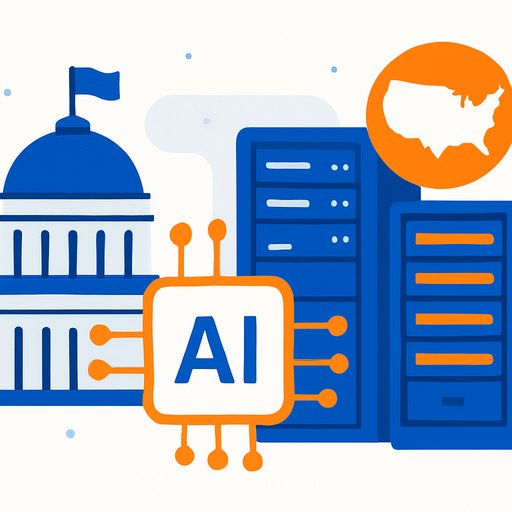The Government’s AI Push Needs Clear Accountability
The UK’s AI Opportunities Action Plan sets ambitious targets: expanding public computing capacity twentyfold by 2030, launching a National Data Library, and delivering at least five ‘high-impact’ public sector datasets. With AI projected to add £47 billion annually to the economy and boost productivity by 1.5 percentage points, the goals are understandable. Yet, there’s a critical issue that demands attention—clear accountability.
When AI systems produce errors, show bias, or face security breaches, who is responsible? Currently, the answer often falls into an unclear “it depends,” which poses the greatest risk to innovation. Without defined accountability from procurement to deployment, this 50-point roadmap could turn into a cautionary tale.
Why Procurement Transparency Isn’t Optional
Procurement teams frequently commit to AI solutions without fully understanding the data models, decision processes, or even whether AI is the right tool. Suppliers commonly treat training data and algorithms as secrets, providing only vague overviews rather than meaningful transparency.
Meanwhile, procurement staff often lack training to assess AI-specific risks. Questions about bias, explainability, or security aren’t consistently raised. Political pressure to deliver AI solutions fast can override thorough due diligence. AI has become a buzzword for innovation, sometimes pushing teams to adopt it without asking if it truly fits the problem.
When multiple departments share responsibility and no one owns the validation of an AI’s technical foundations, gaps are inevitable. Buyers should test tools hands-on, use benchmarking to measure bias, and demand transparency. If suppliers hesitate, walking away is the safest path.
Designing Accountability From Day One
True supplier accountability means contracts clearly defining responsibility for every AI decision. Suppliers should provide transparent decision flows, explain outputs, and disclose the data behind them. Buyers must have access to references from clients who’ve implemented similar AI systems.
Systems need to be traceable, auditable, and explainable—especially when things go wrong. A GDPR-style approach that links responsibility to control works well. If suppliers sell opaque black boxes, they should carry most of the risk. Conversely, if buyers gain transparency and control, they share more responsibility.
For example, if a supplier releases a model with increased bias, that’s their responsibility. But if a buyer misuses a retrieval-augmented generation (RAG) tool by inputting sensitive data, the buyer is accountable. Contracts should outline failure scenarios, assign clear accountability, and specify consequences.
Public sector AI projects must include human oversight from the start. Someone should always spot-check outputs, applying strict thresholds initially and easing them as accuracy proves consistent. Avoid grey zones of responsibility where too many parties are involved. Legal uncertainty has already stalled progress in autonomous vehicles and drones. AI can’t follow the same path.
The Insurance Reality Check
Insurance currently isn’t equipped for AI-specific risks, a major barrier for public sector adoption. Insurers price risk using historical loss data, but AI’s fast development means there’s little precedent for claims around model drift, bias harm, or hallucinations.
When AI deployments involve multiple parties, underwriters struggle to assess exposure without clear contractual risk allocation. The technical opacity of AI models worsens this. Underwriters rarely gain insight into model workings or training data, making risk quantification difficult.
Regulatory uncertainty adds complexity. With the EU AI Act, the UK's pro-innovation stance, and sector-specific rules all evolving, insurers find it hard to set consistent terms. Buyers are left unsure about necessary coverage. Multiple AI frameworks exist, but without enforcement, they risk becoming mere paperwork.
Accountability must be embedded in government standards to enable, not block, progress. The AI Opportunities Action Plan is achievable—but only if clear accountability measures are built in from the start, not treated as an afterthought.
Your membership also unlocks:





